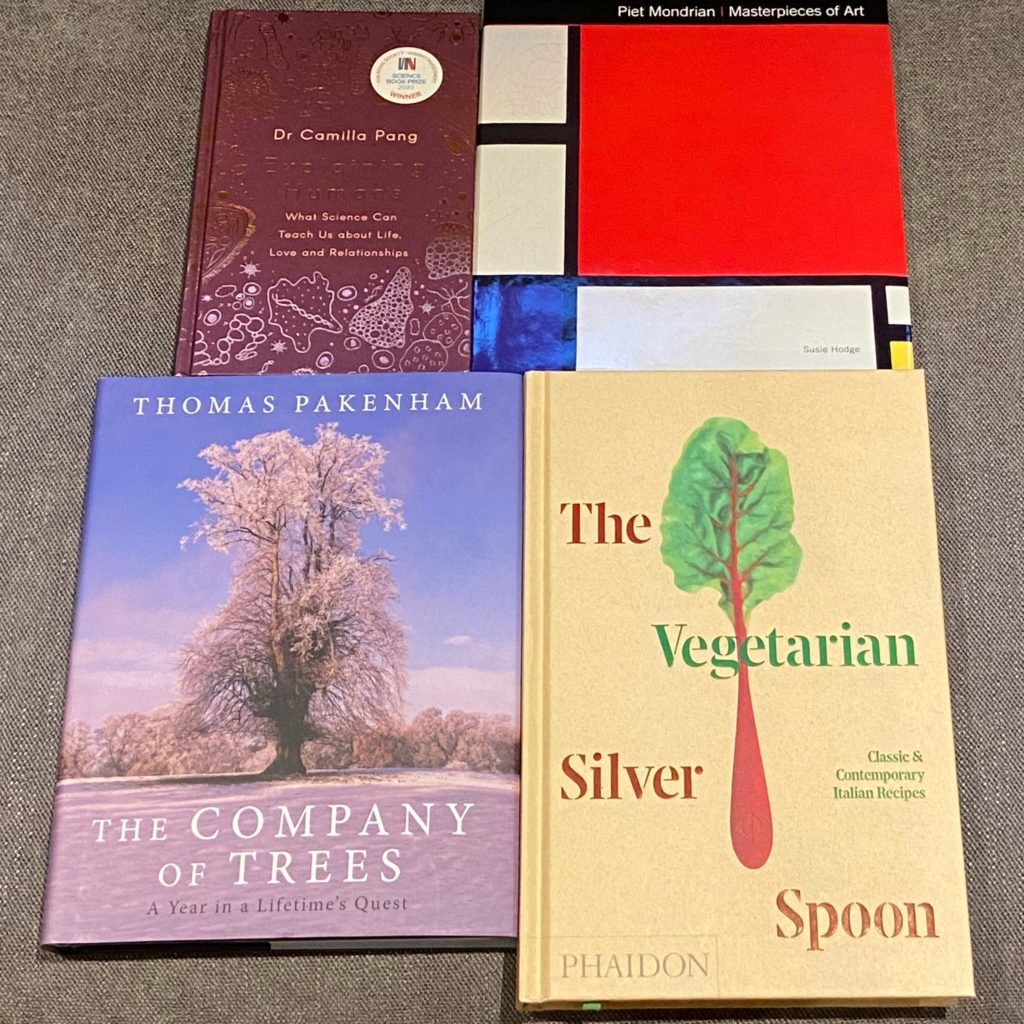It was wonderful to get a selection of books as presents this holiday. One my new treats is this year’s winner of the Royal Society Prize for Science Books, Explaining Humans by Camilla Pang. However, I have a few to finish before I can begin to enjoy the new haul. One of those unfinished treats is last year’s winner.

A world designed for men is quite a subtitle and I’m not quite finished with the story of the world designed by and for men. It’s been a lot fun living as if there’s only one gender but time has been called. Long overdue, we men have often been told how insensitive and exclusive we have been since that first woman produced that first male. If you read Caroline Criado Perez, you will learn how insidious it is and you should conclude that there can be no more excuses. She frames her story, the story of the female human, with data (what used to be called facts) to show that the world is at least half full of Invisible Women.
I predict that the existence of this hidden information will be harder to digest for the average man. It will be even harder to comprehend than the knowledge that the universe is 85% full of invisible dark matter. But both are true. To see either truths does not require an act of faith. Acts of contrition might go some way to resolving the millennia of self-interested gender ignorance but for an egalitarian future, the data says more affirmative action is required.
Some polities are focussed on Black Lives, others on LGBT issues while others work for refugees, children, disease, poverty and worse societal discrepancies. There is never a shortage of challenging issues but sheer weight of numbers suggests that none are more pervasive or more pernicious than gender inequality.
Factfulness by Hans Rosling was a fascinating lesson that helped us recognise how much better things have become in the last decades. ‘Let the dataset change your mindset’ was one his mantras and fits with the data derived message from Criado Perez that there is much yet to do.
Another of Rosling’s quotes seems apt in this context. ‘Thank you industrialisation. Thank you steel mill. Thank you power station. And thank you chemical processing industry that gave us time to read books.’
The reading of books presumes an education. Why not continue and let the Invisible Women show you how much more education can offer the world.
‘There is a better way. And it’s a pretty simple one: we must increase female representation in all spheres of life.’
– Invisible Women by Caroline Criado Perez

Leave a Reply